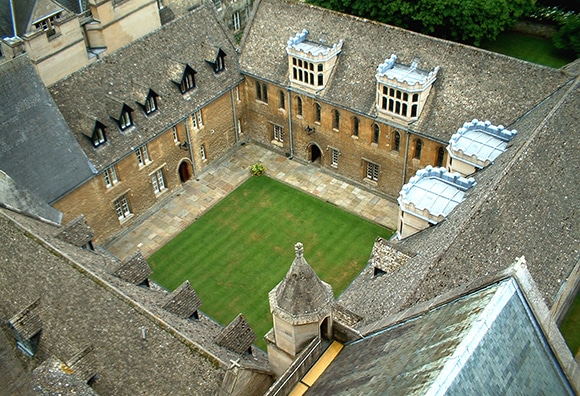Emergency Services
Emergency services and rescue services are the organisations that ensure public safety and health by addressing different emergencies, such as fire, health and crime. Some of these agencies exist solely for addressing certain types of emergencies while others deal with ad-hoc emergencies as part of their normal responsibilities.
In the UK, these organisations include: Police, ambulance services (run by the NHS), the fire brigade, coastguard, lifeboat service, mountain rescue, moorland and quicksand rescue, mine rescue and bomb disposal services.
The range of job opportunities open to school leavers in the emergency services is vast, from being a dog handler for the police to driving an ambulance or working as a firefighter. Here are some examples below:
Paramedic – these are the senior healthcare professionals at an accident or medical emergency.
Emergency medical dispatcher – answering urgent calls made to the control centre, taking details and deciding on the appropriate response before dispatching as necessary, working under the direction of a control officer.
Emergency care assistant (ECA) – ECAs drive a range of ambulance trust vehicles and assist paramedics. They help move patients safely, observe patients’ vital signs and take information from carers or others at the scene.
Constable – the frontline of the criminal justice system. Under general supervision, but often working independently, constables enforce the law by gathering information, carrying out arrests, interviewing victims, witnesses and suspects, and searching individuals, property, premises and open areas.
Sergeant – this is the first level of supervisory role. Responsible for day to day and technical supervision of investigations and law enforcement operations.
Inspector – this is a middle management role. Inspectors supervise constables and sergeants and are responsible for controlling, planning, organising and authorising law enforcement work, and managing an assigned specialist function.
Firearms units – specialist teams trained in the use of firearms.
The prospects for training and progression are also good, but you should bear in mind that many roles require shift work, as emergencies can happen at any time. If you’re looking for something different from the average 9-5 then this could be the industry for you.
Emergency services apprenticeships
School leavers could do an Advanced Apprenticeship in policing, providing an initial response to incidents, carrying out searches, arrests, interviews and managing conflict. The role will include conducting priority and volume investigations and providing initial support to victims and witnesses. They would train as a non-commissioned officer.
School leavers could also do an Intermediate Apprenticeship as a firefighter with the RAF. Typical responsibilities would include: evaluating tactical situations, formulating a plan and briefing troops; leading a flight of around 30 men to protect RAF aircraft, people and bases; operating in peacekeeping, counter terrorist and full-scale war situations.



